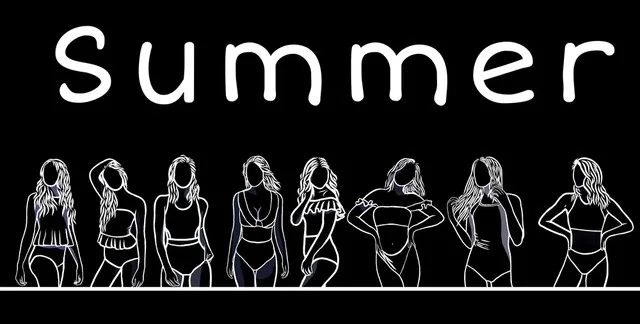
The process of clothing design and product development involves several crucial steps that contribute to creating fashionable and functional garments. Whether you’re a budding designer or an industry professional, understanding these stages is essential for successful clothing production. Let’s delve into the intricacies of this fascinating journey.
1. Market Research and Design Concept
Before embarking on any design project, thorough market research is essential. This step includes:
•Consumer Surveys: Understanding consumer preferences, lifestyle, and needs.
•Style and Grade Investigation: Analyzing existing product styles and quality levels.
•Fabric Exploration: Researching available fabrics and their properties.
Market research serves as the foundation for creative ideas and guides the entire design process.
2. Swimsuit Style Design and Fabric Requirements
Once armed with market insights, designers move on to creating clothing concepts. Key considerations include:
•Fabric Style and Performance: Choosing fabrics that align with the desired style and functionality.
•Fabric Design Requirements: Specifying raw materials, yarns, weave structures, and artistic elements.
This stage bridges creativity with practicality, ensuring the envisioned design can be translated into reality.
3. Swimwear Structure Design and Pattern Making
Detailed clothing structure design is critical. Designers:
•Examine style illustrations closely, noting details like seam lines, cuffs, and shoulder placements.
•Create accurate clothing structure patterns to guide production.
Precision matters here—small deviations can impact the final garment’s fit and aesthetics.
4. Fabric Selection
Selecting the right fabric is an art. Designers:
•Strictly adhere to fabric requirements.
•Explore custom fabric options if necessary.
•Ensure fabric choices align with the overall design vision.
Remember, each fabric contributes to the final look and feel of the garment.
5. Sample Garment Development and Adjustments
Prototyping begins. Designers:
•Create sample garments using basic fabrics.
•Conduct fittings to evaluate fit and overall effect.
•Refine fabric choices and structural details based on trial results.
The goal is to achieve a sample that perfectly embodies the design concept.
6. Standard Sample Garment Creation
With adjustments made, designers proceed to create standard samples using formal fabrics. This step involves:
•Crafting garments that match the creative vision.
•Continuously refining until satisfaction is achieved.
The final sample represents the culmination of creativity, fabric expertise, and meticulous craftsmanship.
In summary, fabric selection plays a pivotal role throughout the swimsuit design and product development process. It’s the fabric that breathes life into the designer’s vision, making each garment unique and market-ready.
Remember, whether you’re designing for the swimsuit or other clothing, the journey from concept to creation is both challenging and rewarding. Happy designing!
Always,
Your HCC Swim team
